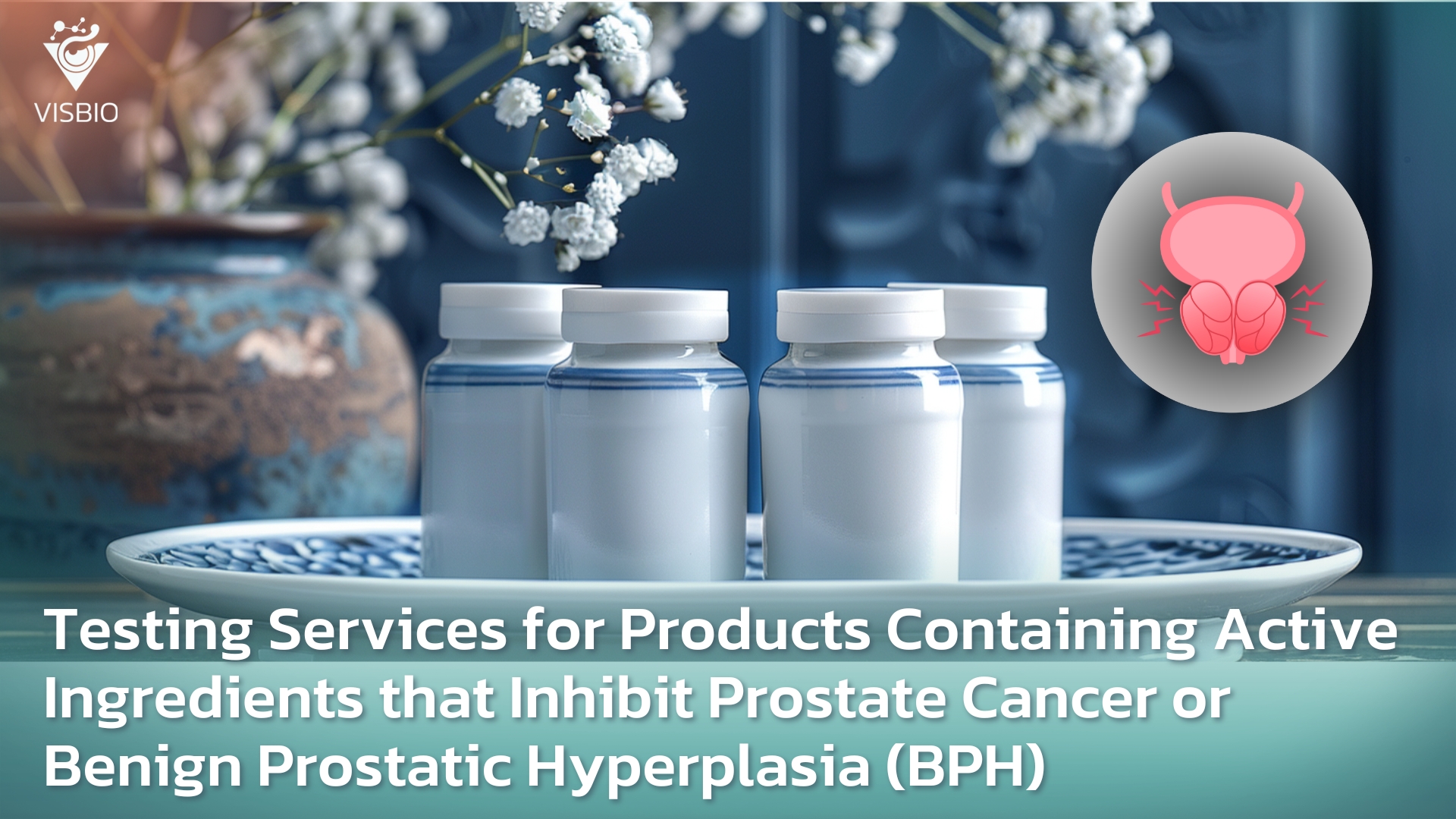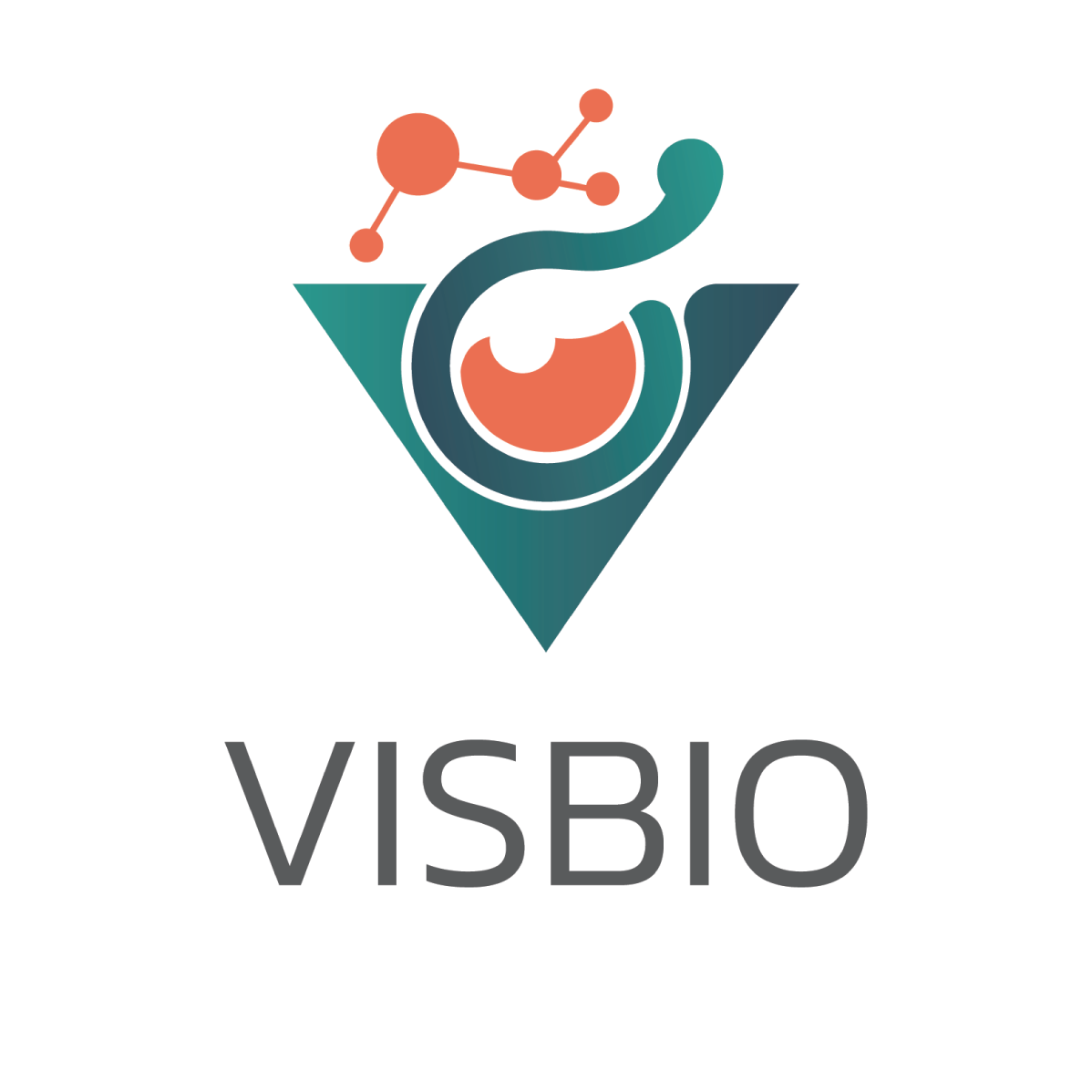
Testing Services for Products
Benign Prostatic Hyperplasia (BPH), also known as prostate gland enlargement, is a prevalent condition in men, particularly middle-aged and older individuals. This condition occurs when the prostate gland, responsible for producing seminal fluid, increases in size, leading to compression of the urethra and causing difficulty in urination.
Currently, a significant number of men are affected by BPH, with a prevalence of up to 50% in men aged 50 years and older, and up to 90% in those aged 80 years and older. Although not life-threatening, BPH can significantly impact quality of life, causing discomfort, sleep disturbances, and potentially leading to various complications such as urinary tract infections, bladder stones, and renal failure.
Consequently, there have been efforts to develop products that aid in the prevention, alleviation, and treatment of BPH, as well as prostate cancer, another common disease in men. Various natural extracts are gaining attention due to their diverse biological activities, including antioxidant, anti-inflammatory, and anti-proliferative effects on cancer cells.
To ensure the efficacy and safety of these products, product testing services are crucial. Laboratory testing can help evaluate the effectiveness of active ingredients in inhibiting prostate cancer or reducing prostate size, as well as assess safety and quantify active ingredients in the products.
Benign Prostatic Hyperplasia: Causes and Risk Factors
The exact cause of BPH and its associated urinary dysfunction remains unclear, but it is believed to stem from hormonal imbalances. Specifically, as men age, the prostate gland, which produces both testosterone and estrogen, experiences a decline in testosterone levels while estrogen and dihydrotestosterone (DHT) levels increase. This is due to an increase in the activity of the enzyme 5-alpha reductase within prostate cells, which converts testosterone to DHT, a hormone responsible for prostate growth. Consequently, prostate cells enlarge, obstructing the urethra. The smooth muscles of the urethra, prostate, and bladder become tense and more sensitive to contractions, leading to abnormal urination in the lower urinary tract.
Additional contributing factors include:
- Genetics: BPH is more common in individuals with a family history of the condition.
- Endocrine disorders and metabolic syndrome: Conditions like obesity and diabetes, where blood sugar levels fluctuate, can lead to changes in insulin growth factor (IGF) levels, increasing the risk of BPH.
- Lifestyle: Studies have shown that diets high in red meat, fat, dairy, grains, bread, poultry, and starch increase the risk of BPH. Conversely, diets rich in vegetables (especially those containing carotenoids), fruits, unsaturated fatty acids, linoleic acid, vitamin A, and vitamin D may reduce the risk. Foods with zinc can help manage BPH symptoms, and regular moderate exercise can reduce the risk of BPH by up to 25%.
Natural Extracts: A New Approach to Prostate Health
Maintaining prostate health is vital for all men, especially as they age. Currently, numerous natural extracts are gaining attention, with research supporting their potential role in preventing and treating BPH and prostate cancer. Some examples include:
- Saw palmetto: This extract from the berries of the saw palmetto tree has shown promising results in reducing urinary symptoms and improving quality of life in men with BPH. It acts by inhibiting the enzyme 5-alpha reductase, which is involved in prostate growth.
- Pumpkin seed extract: Rich in fatty acids, zinc, and antioxidants, pumpkin seed extract may help reduce inflammation and support prostate health.
- Lycopene: This antioxidant, abundant in tomatoes, may help reduce the risk of prostate cancer. Studies have shown that regular consumption of tomatoes or tomato products may lower the risk of developing prostate cancer.
Other notable natural extracts:
- Green tea extract: Research suggests that EGCG in green tea can inhibit the growth and induce death of prostate cancer cells.
- Curcumin: This extract from turmeric shows potential in inhibiting prostate tumor growth.
- Resveratrol: Found in grapes, resveratrol may inhibit the growth and spread of prostate cancer cells.
- Reishi mushroom extract: Studies indicate that Reishi mushroom extract can inhibit the growth and stimulate the death of prostate cancer cells.
Visbio co., Ltd. provides testing services to evaluate the efficacy and safety of extracts and supplements related to prostate health
Testing for inhibition of Phosphodiesterase type 5 (PDE5) enzyme
- PDE5 is an enzyme involved in various diseases, including BPH and prostate cancer.
- Research suggests that PDE5 may contribute to the growth and spread of prostate cancer cells, making PDE5 inhibition a potential therapeutic strategy.
- We offer in vitro testing using cell cultures and purified PDE5 enzymes to evaluate the inhibitory effects of various extracts or compounds.
- We also conduct in vivo testing using animal models to study the effects of extracts or compounds on PDE5 activity in the body and assess their efficacy in treating BPH or prostate cancer.
Testing for 5α-Reductase inhibition
- 5α-reductase converts testosterone to dihydrotestosterone (DHT), a hormone that stimulates prostate growth.
- Inhibiting 5α-reductase can potentially reduce DHT levels and inhibit prostate growth, which may be beneficial in treating BPH and preventing prostate cancer.
- We offer testing services to evaluate the inhibitory effects of various extracts or compounds on 5α-reductase.
Testing for anti-inflammatory activity using Nitric Oxide
- Chronic inflammation may be involved in the development of BPH and prostate cancer.
- Nitric oxide (NO) plays a role in regulating blood flow, immune function, and inflammation.
- Some natural extracts, such as curcumin, may have anti-inflammatory effects by reducing NO production.
- We offer testing services to evaluate the anti-inflammatory effects of extracts or compounds using Nitric Oxide assays.
Toxicity in cell
- We use cell culture techniques to assess the safety of supplement products at the cellular level.
- This testing helps determine if the product has any toxic effects on cells, which is crucial in considering product safety.
With our testing services, manufacturers can ensure their products are high-quality, safe, and effective as claimed, building brand credibility and increasing consumer confidence.
Literature:
- ยมนา ชนะนิลและณัฐนันท์ คำ พิริยะพงศ, 2022, การพยาบาลผู้สูงอายุที่มีภาวะต่อมลูกหมากโต, วารสารวิจัยสุขภาพและการพยาบาล ปีที่ 38 ฉบับที่ 2 พฤษภาคม-สิงหาคม 2565
- Huang WY, Cai YZ, Zhang B, et al., 2018, Green tea catechins and prostate cancer prevention: A systematic review and meta-analysis, Medicine (Baltimore).
- Wachtel-Galor S, Yuen J, Buswell JA, Benzie IFF., 2011, Ganoderma lucidum (Lingzhi or Reishi) A Medicinal Mushroom, Herbal Medicine: Biomolecular and Clinical Aspects. 2nd edition.

